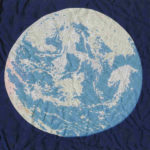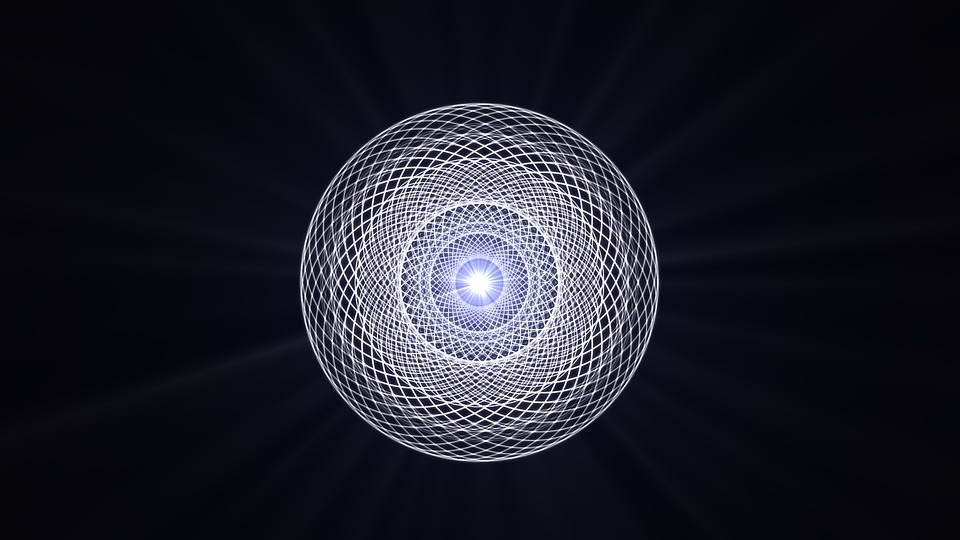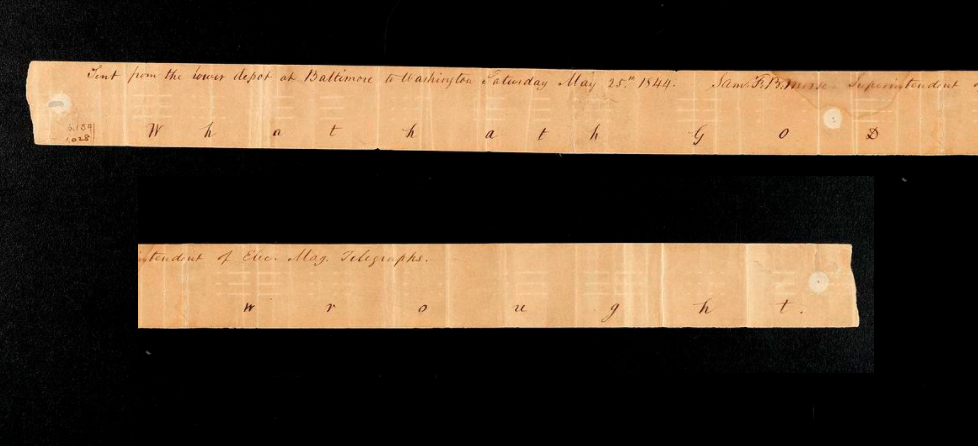
Cycles of Time: The World Is Not About to End
 A further question answered by Bahá’u’lláh in the Tablet to Vafa, is about the concept of “return”. The concept changes utterly religious expectations about the future (at least in the Abrahamic traditions). The world will not be destroyed in a literal “Day of Judgment”.
A further question answered by Bahá’u’lláh in the Tablet to Vafa, is about the concept of “return”. The concept changes utterly religious expectations about the future (at least in the Abrahamic traditions). The world will not be destroyed in a literal “Day of Judgment”.
Know thou that the end is like unto the beginning. Even as thou dost consider the beginning, similarly shouldst thou consider the end, and be of them that truly perceive.[1]
This suggests not linear time (which is the primary way in which we think about time in the current world); but rather cycles of time.
To illustrate the concept Bahá’u’lláh recalls that the Bab has stated that Mulla Husayn (the first to believe in the Bab) was the Prophet Muhammad. Bahá’u’lláh explains:
[The Bab] pronounced the First One [Mulla Husayn] to believe in Him to be Muḥammad, the Messenger of God. Doth it beseem a man to dispute with Him by saying that this man is from Persia, the Other from Arabia, or this one was called Ḥusayn while the Other bore the name of Muḥammad? Nay, I swear by God’s holy Being, the Exalted, the Most Great. Surely no man of intelligence and insight would ever pay attention unto limitations or names, but rather unto that with which Muḥammad was invested, which was none other than the Cause of God. Such a man of insight would likewise consider Ḥusayn and the position he occupied in the Cause of God, the Omnipotent, the Exalted, the Knowing, the Wise. And since the First One to believe in God in the Dispensation of the Bayán was invested with command similar to that with which Muḥammad, the Messenger of God, was invested, therefore the Báb pronounced him to be the latter, namely His return and resurrection. This station is sanctified from every limitation or name, and naught can be seen therein but God, the One, the Peerless, the All-Knowing.[2]
It is not a literal resurrection, but it as if there is a divine drama – and new actors arise in a new age. Each time the play is performed the names of the characters are different but the roles they play are the same.
Many years earlier in the Kitab-i-Iqan, Bahá’u’lláh also discussed the concept of return. In this case, Bahá’u’lláh begins by drawing attention to a verse of the Qur’an in which people living in Muhammad’s time are equated in the Qur’an with people of a former age.
Likewise, Muḥammad, in another verse, uttereth His protest against the people of that age. He saith: “Although they had before prayed for victory over those who believed not, yet when there came unto them, He of Whom they had knowledge, they disbelieved in Him. The curse of God on the infidels!” Reflect how this verse also implieth that the people living in the days of Muḥammad were the same people who in the days of the Prophets of old contended and fought in order to promote the Faith, and teach the Cause, of God. And yet, how could the generations living at the time of Jesus and Moses, and those who lived in the days of Muḥammad, be regarded as being actually one and the same people? Moreover, those whom they had formerly known were Moses, the Revealer of the Pentateuch, and Jesus, the Author of the Gospel. Notwithstanding, why did Muḥammad say: “When He of Whom they had knowledge came unto them”—that is Jesus or Moses—“they disbelieved in Him”? Was not Muḥammad to outward seeming called by a different name? Did He not come forth out of a different city? Did He not speak a different language, and reveal a different Law? How then can the truth of this verse be established, and its meaning be made clear?
Strive therefore to comprehend the meaning of “return” which hath been so explicitly revealed in the Qur’án itself, and which none hath as yet understood. What sayest thou? If thou sayest that Muḥammad was the “return” of the Prophets of old, as is witnessed by this verse, His Companions must likewise be the “return” of the bygone Companions, even as the “return” of the former people is clearly attested by the text of the above-mentioned verses. And if thou deniest this, thou hast surely repudiated the truth of the Qur’án, the surest testimony of God unto men. In like manner, endeavor to grasp the significance of “return,” “revelation,” and “resurrection,” as witnessed in the days of the Manifestations of the divine Essence, that thou mayest behold with thine own eyes the “return” of the holy souls into sanctified and illumined bodies, and mayest wash away the dust of ignorance, and cleanse the darkened self with the waters of mercy flowing from the Source of divine Knowledge; that perchance thou mayest, through the power of God and the light of divine guidance, distinguish the Morn of everlasting splendor from the darksome night of error.
Furthermore, it is evident to thee that the Bearers of the trust of God are made manifest unto the peoples of the earth as the Exponents of a new Cause and the Bearers of a new Message. Inasmuch as these Birds of the Celestial Throne are all sent down from the heaven of the Will of God, and as they all arise to proclaim His irresistible Faith, they therefore are regarded as one soul and the same person. For they all drink from the one Cup of the love of God, and all partake of the fruit of the same Tree of Oneness.[3]
If the concept of “return” is understood, dark visions of the future (which arise from literal expectations of an “end time”) melt away. In the darkest versions of such millennial expectation (as it is known) — some religious believers actually seek to bring about the end time. Bahá’u’lláh’s insight banishes such dark ideas. Rather Bahá’u’lláh states:
All men have been created to carry forward an ever-advancing civilization.[4]
Moreover, we can see how obvious it is that as in the day of Jesus, so in the day of Muhammad.
And so in our own day: the day of the Bab and Bahá’u’lláh.
It is worth noting however that in addition to being cyclical time is progressive – in Bahá’u’lláh’s teachings, thus a spiral perhaps provides a better metaphor. Thus we have seen that the arrival of a new messenger brings a new paradigm – that carries humanity forward in both its material and spiritual condition.
We may also note that cyclical time is something that religious traditions of the East share with the Bahá’u’lláh’s teachings. It is found also in the Abrahamic tradition if we understand the tradition as Bahá’u’lláh does.
(This article is the 170th in a series of what I hope will be 200 articles in 200 days for the 200th anniversary of the birth of Bahá’u’lláh. The anniversary is being celebrated around the world on 21 and 22 October 2017, The articles are simply my personal reflections on Bahá’u’lláh’s life and work. Any errors or inadequacies in these articles are solely my responsibility.)
Image Credits. Creative Commons, Keith Hall, A Pond for All Seasons








